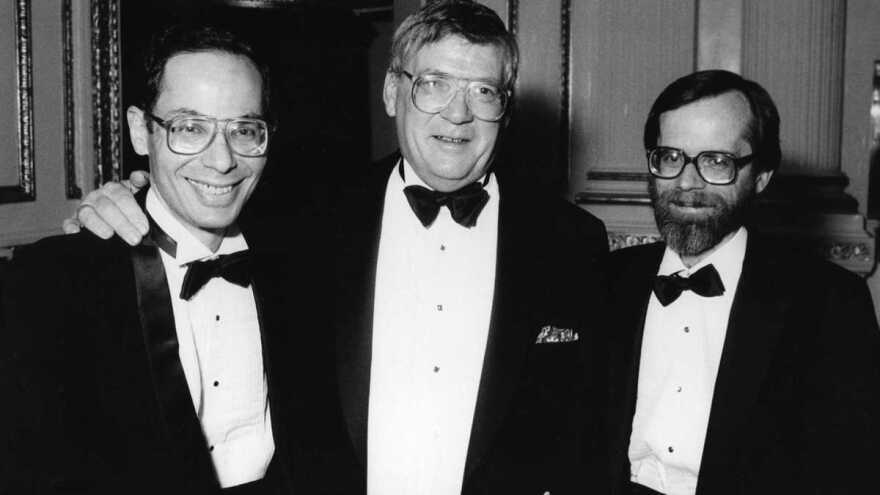It's 1957. Dr. Herbert Needleman is on his way to see a three-year-old patient at the Children's Hospital of Philadelphia.
Needleman is a young doctor, about six feet tall, with brown eyes and dark hair. This is the first case of lead poisoning he's ever seen.
When he shows up, the girl is not in good shape. Her eyelids are drooping. Her pulse is slow. She's not making a sound.
"This girl was lethargic and almost comatose," says Lydia Denworth, who wrote a book about Needleman and lead poisoning called Toxic Truth. (Needleman has Alzheimer's disease and was unable to interview for this story.)
Needleman prescribes the girl a medicine that gets rid of the lead in her blood. Over the next couple days, she starts to feel better, and Needleman thinks he has fixed her problem.
He talks to the girl's mother, saying, basically: your daughter is okay, but she was probably poisoned by lead paint or dust at home, and you can't go back there.
"And the mother just looked at him and said, 'Well where am I supposed to go'?" Denworth says. "She didn't have any money. She was a single mother. And suddenly Needleman says it's like the scales fell from his eyes."
Read the full version of this report at Keystone Crossroads' website. Keystone Crossroads is a new statewide public media initiative reporting on the challenges facing Pennsylvania's cities. WPSU is a participating station.



